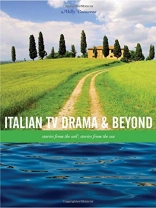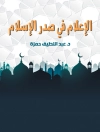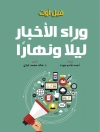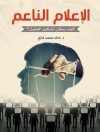Since its inception in the mid-1950s, the television drama has emerged as the dominant medium of contemporary storytelling in Italian society, with a steadily increasing supply of locally produced domestic dramas offering up competing versions of Italian identity. Informed by the nation’s rich historical and cultural heritage—as well as a string of notable foreign imports—the narratives discussed here offer much insight into Italian society and highlight the wide array of television programming available outside of Britain and the United States.
Tabella dei contenuti
Chapter 1: Building the Nation. The Origins of Italian TV Drama
Chapter 2: The Cinematic Turn and the Americanization of the Television Landscape
Chapter 3: The Political Career of a Popular Fiction: La Piovra
Chapter 4: A Place in the Sun: The First Italian Soap Opera
Chapter 5: Mimetic Hereos and Ironic Leaders: The genesis and evolution of Italian police drama
Chapter 6: In the Footsteps of La Piovra: Twenty years of mafia stories in Italian TV drama
Chapter 7: Life Stories: A Heroic Enclave and the Rise of the Religious Biopic
Chapter 8: The Re-enactment of the Past and the Politics of Memory and Identity in Contemporary Drama
Circa l’autore
Milly Buonanno is a retired professor of television studies at the Sapienza University of Rome. She is the founder and head of the Observatory of Italian TV Drama (1988–present), and the co-chair of the research unit GEMMA – GEnder and Media MAtters (2010–present). She sits on the editorial board of several international journals and is associate editor of the Journal of Italian Cinema & Media Studies. She has extensively researched and written on television theory and history, television drama, journalism and has pioneered gender and media studies in Italy. Her main book-length publications over the last decade include: The Age of Television (Intellect, 2008); Italian TV Drama and Beyond (Intellect, 2012); The Sage Handbook of Television Studies (Sage, 2014, co-edited with Manuel Alvarado, Herman Gray, Toby Miller); the edited collections Il prisma dei generi (Franco Angeli, 2014) and Television Antiheroines. Women Behaving Badly in Crime and Prison Drama (Intellect, 2017).












